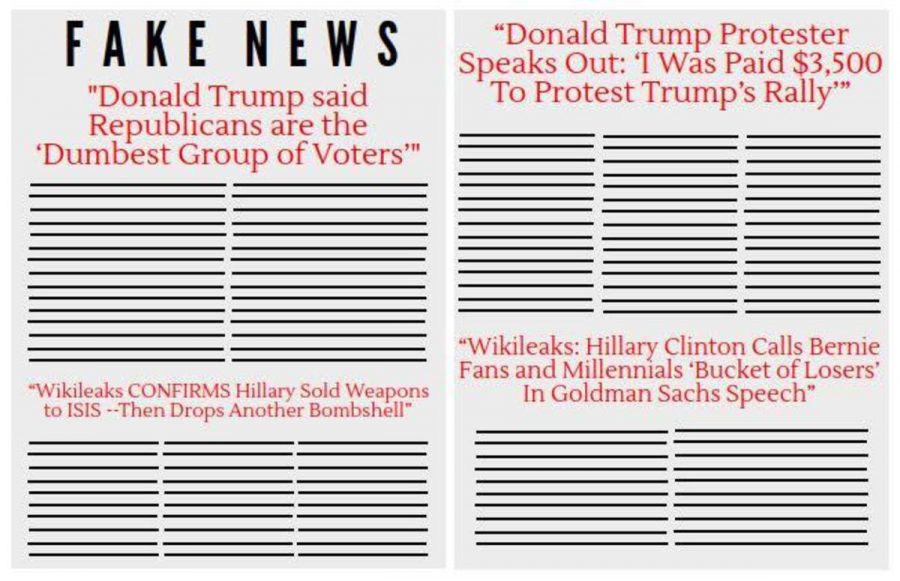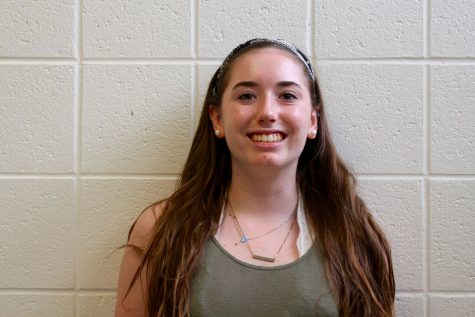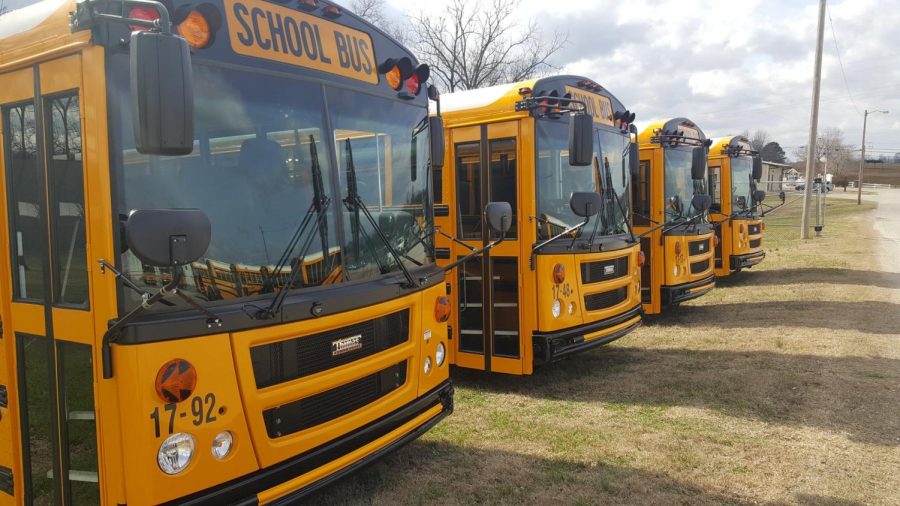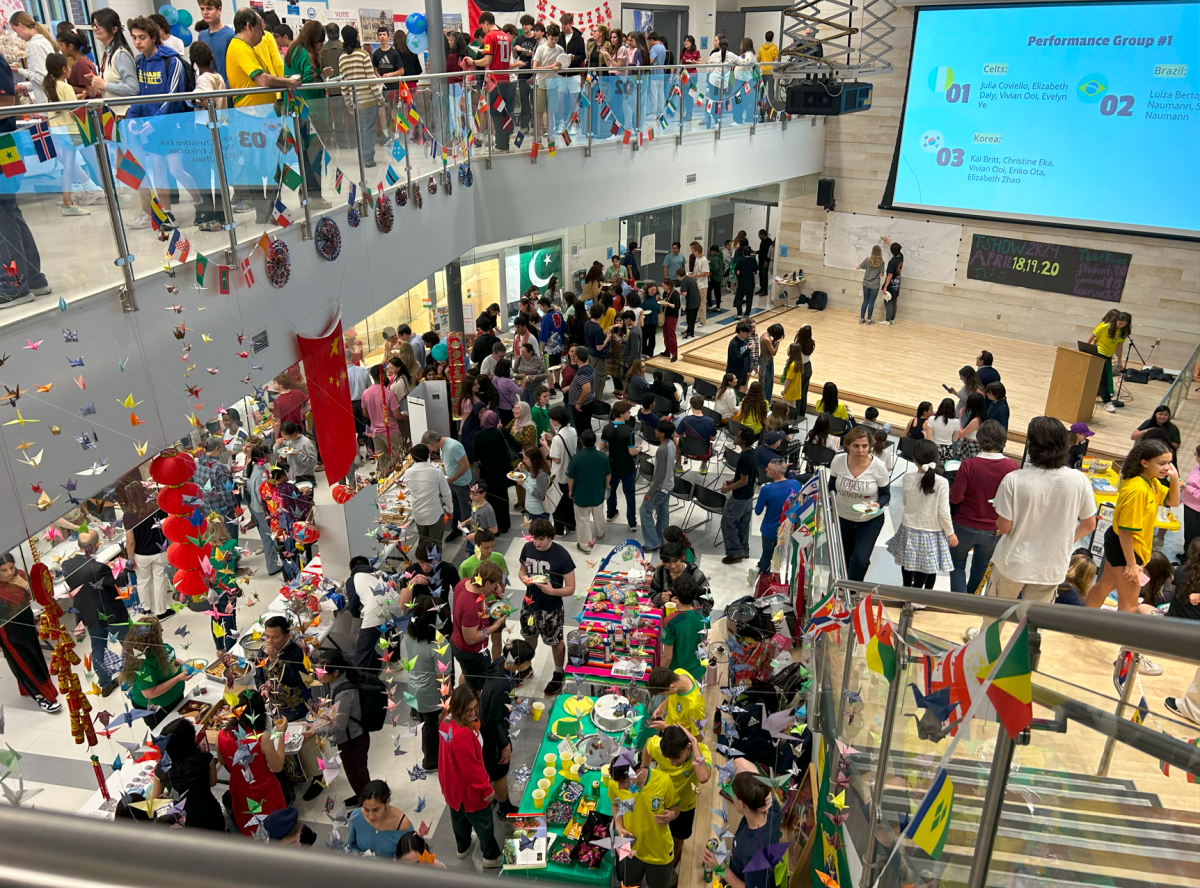Fake news epidemic hits close to home
January 4, 2017
Check any Facebook feed, and there will be the following news: Pope Francis and Denzel Washington have endorsed Donald Trump, child marriage was just legalized in Germany and an FBI agent involved in the investigation of Hillary Clinton’s emails was murdered.
Sounds unbelievable, but they are labeled as news stories.
Despite what the headlines may imply, none of these stories are true. However, these articles have gotten thousands of shares on Facebook and other social media outlets as false news articles emerge more frequently in people’s feeds. Similar to sensationalized “yellow journalism,” fake news is posted and spread on sites like Facebook and Google, despite lacking actual facts and/or objective information.
Fake news was prominent throughout the election from liberal and conservative news sources, but it recently came to a head in a particularly violent and disturbing confrontation.
Edgar Maddison Welch, a 28-year-old from North Carolina traveled to Comet Ping Pong, a pizza joint in Northwest D.C on Sunday, Dec. 4, following a tweet from Michael Flynn, the son of Trump’s pick for National Security Advisor. The tweet implied that there was reason to believe Hillary Clinton was running a child sex-ring within the small DC restaurant Comet Pizza, dubbing the scandal “Pizzagate.” Welch entered the restaurant to investigate the allegations, and left after about 45 minutes, firing one shot but injuring no one.
Though this is a particularly extreme case, it exemplifies many of the concerns regarding fake news. Many social media sites and search engines such as Google have received heavy criticism for not attempting to combat fake news or reviewing their sources before publishing stories.
For students who depend on social media to keep up with news, the lack of action from websites to monitor and control fake news is disappointing.
“I think they need to do more of an extensive search on their users, such as those fake news websites,” junior Isabella Lorence said. “They can’t be promoting lies; that’s their duty to their consumers.”
While many consider it important for news and social media sites to ensure that they are not releasing false or misleading information to their readers, others worry that too many restrictions on what can be shared will violate the First Amendment. The First Amendment protects free speech unless it is harmful to the public, which is a fine line, social studies teacher Andrew Sonnabend said.
It’s definitely impacted how I see the presidential candidates, it has impacted how I see politics in general and it makes me distrust these news sites because I don’t really know what’s fake and what’s real
— freshman Lily Cork“For Facebook or Twitter to shut down accounts of people who are posting fake news, it gets into censorship,” Sonnabend said. “I think what has to happen is the social media sites need to do what is morally correct, and that is block what is harmful.”
On Dec. 15, Facebook released a plan for limiting the spread of fake news on their sight. The new changes include an option for users to flag a story that they believe may be fake or misleading, and an opportunity for them to message the friend who originally shared the story. When an article is reported as fake a certain number of times, a variety of organizations, including Politifact, the Associated Press, ABC News, and Factcheck.org, will be responsible for checking its credibility, Facebook’s official statement explained. If it is found to be fake, it will be flagged as a “disputed piece,” which all Facebook users will see.
“We really value giving people a voice, but we also believe we need to take responsibility for the spread of fake news on our platform,” Facebook vice president Adam Mosseri said in a statement to the Washington Post.
Though fake news appeared to be an unimportant phenomenon when it first began, it has now become an issue that has seriously impacted the media industry, as well as national and global politics. With the surprising result of the presidential election, some citizens are surmising that fake news may have had an impact on the campaign and even in determining the winner.
“It’s hard to say that fake news really impacted the election, but I do think since most of it was targeted to negative revelations about Hillary Clinton, it suppressed voter turnout that might have been pro-Clinton,” journalism teacher Louise Reynolds said.
While citizens who believed fake news often seemed to buy into stories solely because they confirmed a preconceived bias, the increase in fake news still affected politics by adding fuel to the already increasingly-polar political climate.
In addition to fueling far-fetched rumors such as the Pizzagate scandal and having a potential impact on U.S. politics, the rise of fake news has also caused skepticism for the general public in both mainstream and non-mainstream media.
“It’s definitely impacted how I see the presidential candidates, it has impacted how I see politics in general and it makes me distrust these news sites because I don’t really know what’s fake and what’s real,” freshman Lily Cork said. “Now when I see something, I’m very wary of it. It definitely makes me question everything I’ve ever heard regarding politics.”








